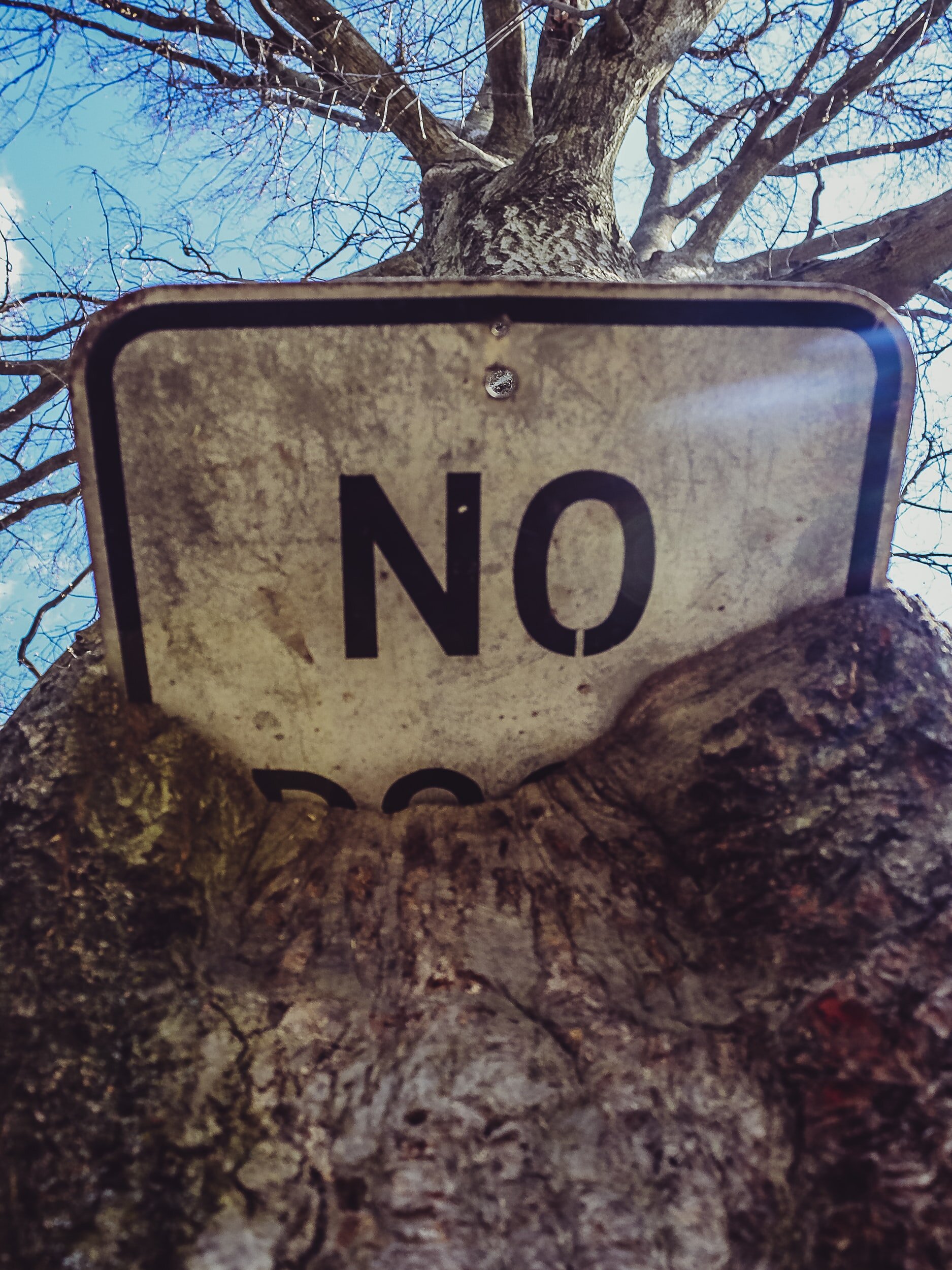
END MIDDLE BEGINNING
A Blog About Creativity
Search
No One Cares, and That's OK
Look: I know there are people who are genuinely interested and excited when I come out with new music, a new comic or a new blog post. Most of them are friends and family, but no matter who they are, I’m delighted that someone out there can enjoy the things I love to make.

Success is Bullshit
That’s right, I said it. Success, as most of us define it, is total BS. Think about it: it’s a completely relative, absolutely arbitrary measure we create in our own minds to judge ourselves against. And when you set that bar high, you end up spending a good part of your life, or even your entire life, knocking your self-worth down a peg when you’re not reaching your own subjective and lofty standards. It actually doesn’t make any sense and is directly related to the innate problems of perfectionism that seem productive but are actually self-destructive. And that’s why it’s bullshit.

Persistence and Rejection
So much of how successful we are is determined by our ratio of persistence to rejection. Everything worth doing requires persistence, and everything done well requires the ability to handle rejection. The key to being successful (among other important things such as talent and intuition) is making sure your persistence outweighs your tolerance for rejection.
Every person who is successful, whether in a professional or personal capacity, has failed far more times than not. But I think most of us know that already. If you couldn’t take failure, you probably wouldn’t be at the point in your life where reading a blog post like this would even interest you. You’d already have resigned yourself to another life pursuit. Which isn’t necessarily a bad thing in and of itself, I might add.
Artistic Naiveté
For anyone who’s living a life of creative pursuits, being realistic about our chances of making it to the next level isn’t something that we generally take into account. Like I said in my post about the romance of the ideal a few months ago, most of us tend to live life with our heads in the clouds, and maybe one or two toes scraping the ground for good measure. After talking with a friend about the inevitable umbrella of naiveté that we musicians have to live under, I realized a few things.
There are two kinds of artistic naiveté. One is good, and one is bad.
To be fair, it could be argued that both are bad, but nobody who has devoted their life to pursuing near-impossible goals like musicians and artists is going to lock horns with me on this one. We’ll leave that to the folks who are always wondering when we’ll grow up and get real jobs. Anyway, the good naiveté is that which we use to ignore the odds of turning art into real income. I’ve been playing in bands since I was a teenager, and I’ve been spending the better part of my last five years working on developing my current band. As much as I believe in the music we’re making, as good a band as I think we are, the simple fact is that the law of averages is against us. For every band that makes a living from their music, there are hundreds that never even came close. Maybe even thousands. And being good is no more a guarantee to your success than being lucky. Being smart about your music career is a must, but that’s a topic for another day.
Sacrificing Entitlement
To follow your dreams and pursue your goals, you’ll probably have to make sacrifices. It’s generally inevitable. Ideally, you’ll recognize when you’re making sacrifices, and you’ll choose to make smart ones. I’d imagine, for example, that sacrificing some free time to work overtime hours to pay off a student loan is probably a reasonable decision one might make, whereas sacrificing spending time with your family so that you can become a Wall Street millionaire may prove unfulfilling in the long run. (Although maybe not. I’m not a millionaire, so I can only speculate.)
Just Say No
I was talking to a friend recently about artists that you just wish would stop releasing albums, if only to preserve their legacy. The conversation started while listening to “You Better You Bet” on the radio; while it’s by no means the worst song in the world, any time I hear it I just wish the Who had stopped recording new music after Keith Moon died. They already had a massive catalog of classic hits, and fans always want to hear their favorite bands go out on top. A large element of this desire is most certainly selfish—I have no place to decide when a band should or should not stop making music, of course (unless maybe I’m in that band). But it’s not that I want the members of the Who to cease all music-making, I just don’t want any more Who albums that don’t feel like Who albums.

